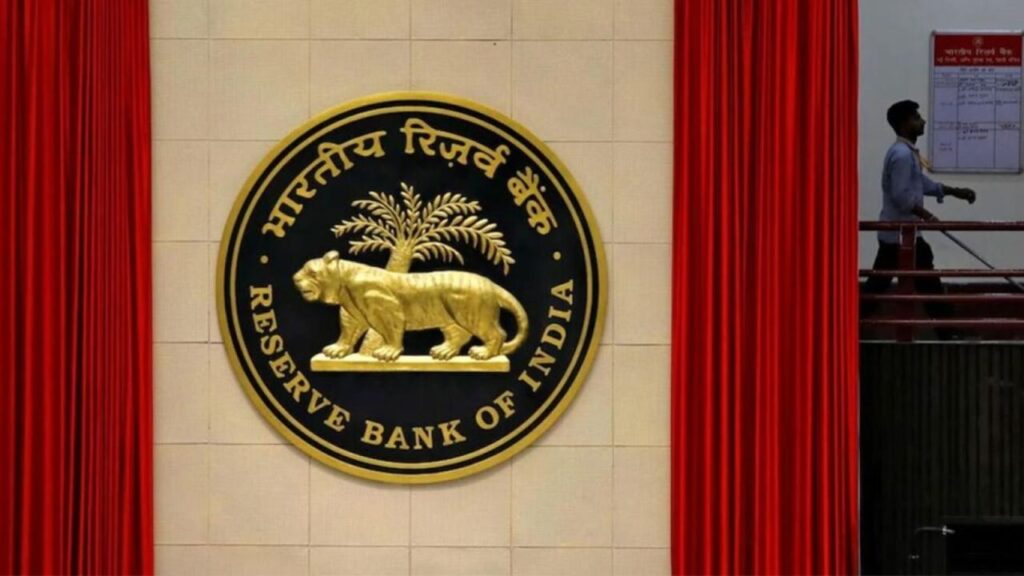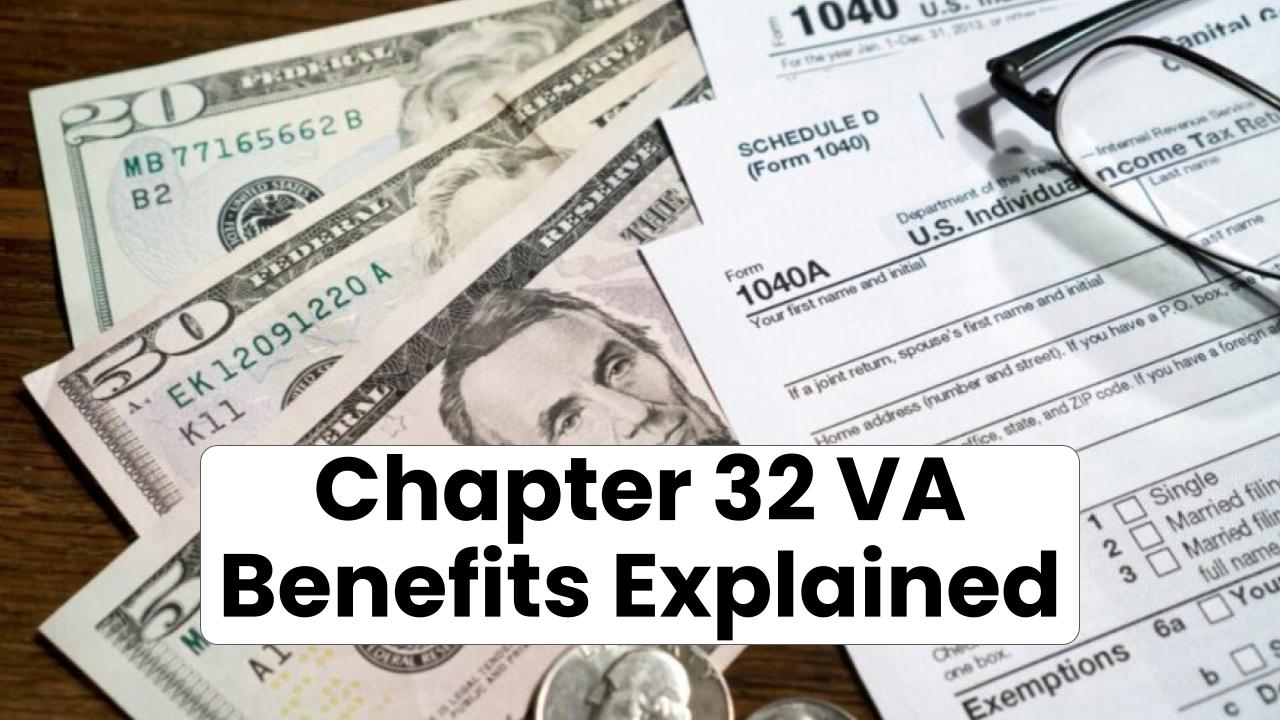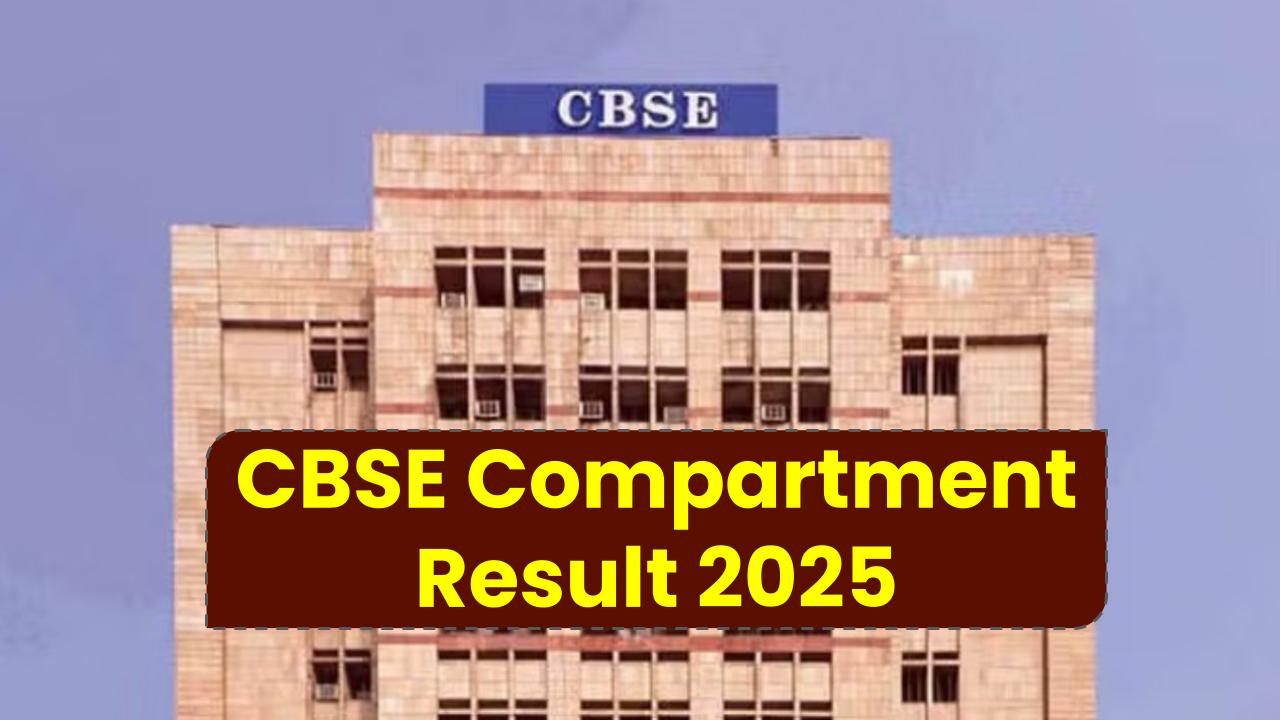The Reserve Bank of India (RBI) has been in the news a lot lately, with speculations rising about a potential interest rate cut. RBI Governor Sanjay Malhotra recently stirred up excitement when he suggested that there might be relief for borrowers and businesses if inflation continues to ease. But what does this mean for the economy, and how can we make sense of all this buzz?

RBI Governor Signals Relief Ahead If Inflation Cools
| Topic | Details |
|---|---|
| Inflation Rate | June 2025 CPI drops to 2.10%—6-year low |
| Expected Rate Cut | Potential 25-basis point rate cut by RBI |
| RBI Governor’s Statement | Malhotra suggests that rate cuts may come if inflation drops further |
| Growth Projections | Inflation may stay below RBI’s projected 3.7% for FY 2025-26 |
| Economic Impact | Rate cuts can help lower borrowing costs, boosting business investment |
| Professional Insight | Economists expect rate cuts may come in October or December |
| Official Website | RBI Official Website |
As the buzz around potential rate cuts grows, it’s clear that the RBI is closely monitoring inflation and economic conditions to decide the best course of action. If the inflation rate continues to cool, we could see lower borrowing costs and a boost to economic growth in the near future. For consumers, businesses, and investors, these developments offer a mix of opportunities and challenges. Keep an eye on the news and stay informed, as the next steps from the RBI could shape the economic landscape for months to come.
What Is an Interest Rate Cut, and Why Does It Matter?
Before we dive deeper into the specifics of the RBI’s recent signals, let’s start with a basic understanding of interest rates and how they impact the economy.
Interest rates are like the price of money. When you borrow money, the bank charges you an interest rate—essentially, the cost of borrowing. The Reserve Bank of India controls this rate by adjusting its repo rate, which is the rate at which commercial banks borrow money from the RBI. When inflation is high, the RBI may raise interest rates to make borrowing more expensive, which cools down spending and slows inflation. On the other hand, if inflation is low and the economy needs a boost, the RBI may lower rates to encourage spending and investment.
So, when the RBI Governor signals that there could be a rate cut ahead, it’s a sign that the central bank believes inflation is under control and economic conditions might need some extra support.
Breaking Down the Recent Signals from the RBI
On July 15, 2025, RBI Governor Sanjay Malhotra hinted that the central bank might lower interest rates if inflation continues to ease. This comes after data showed that India’s inflation rate had significantly cooled down, hitting a 6-year low of just 2.10% in June 2025. This is a significant drop from the previous months when inflation hovered around 5-6%. The main culprit behind this drop? Falling food prices, especially staples like onions, tomatoes, and rice, which have been a major contributor to rising costs in the past.
Why Is Inflation Dropping?
Several factors are at play here. The food price index has been particularly low, with crop production recovering and global commodity prices stabilizing. Additionally, the government’s various fiscal measures, like improved food distribution systems and market interventions, have helped keep prices in check. These improvements have resulted in a more predictable and stable price environment for consumers, which is one reason why the RBI is now considering rate cuts.
What Can We Expect from the RBI in the Near Future?
Looking ahead, there is growing speculation that the RBI will announce a 25 basis point rate cut at its upcoming policy reviews, which are scheduled for October and December 2025. While no official decision has been made, the data trends suggest that there is room for rate cuts to further stimulate the economy without worrying too much about inflation spiraling out of control. If inflation continues to stay low, economic growth might need a little nudge, and the RBI could act accordingly.
How Will Rate Cuts Affect You?
Now that we’ve covered the basics of inflation and interest rates, let’s look at what this could mean for different groups of people and businesses.
For Consumers:
A rate cut could mean lower borrowing costs for individuals. If you’re looking to take out a loan or a mortgage, the interest rate on your loan may drop. This could make buying a home, a car, or starting a business more affordable. Imagine that you’ve been eyeing that dream house for a while but the mortgage rates have been high—well, with a rate cut, your monthly payments could drop, making that dream a little more accessible.
For Businesses:
Businesses can expect cheaper loans and easier access to financing. This could stimulate investment in new projects, expansion plans, or hiring new employees. For example, a company planning to launch a new product may be more willing to take on the costs of development if borrowing is cheaper. In turn, this could boost economic growth and employment in the long run.
For Investors:
Interest rate cuts tend to have an effect on the stock market as well. Lower rates can make bonds and savings accounts less attractive to investors, as they offer lower returns. This could push investors towards stocks, especially those of companies that stand to benefit from lower borrowing costs. If you’re an investor, this is a signal to watch for opportunities in the stock market, as well as in sectors likely to see the most benefit from easier credit.
Key Considerations Before the RBI Acts
While the rate cuts may sound like good news, it’s important to remember that economic decisions are never simple. The RBI’s goal is to balance price stability with economic growth. If inflation starts to rise again, the RBI may need to reverse its course and raise interest rates to control prices. Moreover, the impact of a rate cut depends on how the global economy is performing. External factors, like the state of the global economy or geopolitical risks, can also influence the RBI’s decision-making process.
FAQs
1. What is a basis point, and how does it relate to a rate cut?
A basis point is a unit of measurement for interest rates. One basis point is equivalent to 0.01%. When the RBI lowers the repo rate by 25 basis points, it means the rate has been reduced by 0.25%.
2. Will interest rates stay low for a long time?
It depends on how inflation and the economy evolve. If inflation stays under control and economic growth remains steady, the RBI may keep rates low for an extended period. However, if inflation rises again, the RBI might increase rates to keep prices in check.
3. How do RBI rate cuts impact the Indian stock market?
Lower interest rates can stimulate economic growth, which could boost corporate profits and drive stock prices higher. However, they can also make bonds and other fixed-income investments less attractive, leading investors to seek higher returns in the stock market.
4. How do I prepare for potential rate cuts?
If you’re thinking about borrowing money, it might be a good time to act soon, as lower rates could reduce your monthly payments. On the other hand, if you’re investing, consider looking into stocks that may benefit from cheaper financing and a more stable economy.








